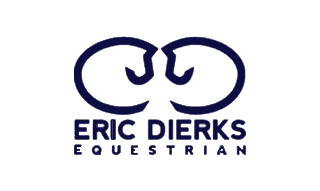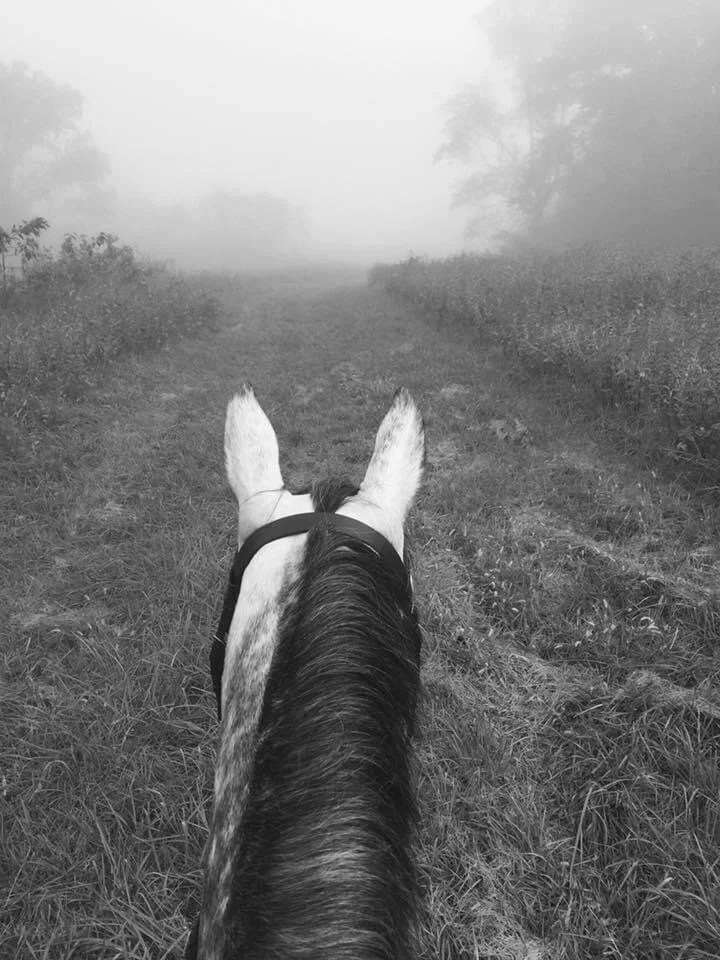Achieving Steps Forward Into A Foggy Future
I wish our 2020 year could have started in a different direction; however, wishing doesn’t do anything for our current situation. The COVID-19 pandemic, social distancing, strict isolation rules along with floods of bad news or even the self-comparison to others on social media can lead to a self-examination of despair. If any of you are a goal setter, have the desire to do something big, or just want to better yourself, I would say from experience that sometimes the future looks foggier than what we originally imagined it would. Today, as we all struggle with a worldly crisis, it can be especially hard to look through a positive lens and make a step forward toward self-betterment, and all the more important, that we don’t get stuck in the old monotonous behavior of what was normal. Being human, you may struggle for control, and you may have high expectations for yourself that can lead you on a journey of peaks and valleys of emotions. This journey may very well influence your next step forward. You may get hurt both emotionally and physically and sometimes at the same time, however it’s the tough times that define the person you are and the equestrian/human you want to become. Though you are not in control of the outcome, you are in control of the action you take to determine the next step forward. Achieving life-time goals can be like chasing your own tail when trying to produce the uncontrolled result. Even short-term goals like doing a clean flying change of lead or jumping a fence in stride not only require skills, but more importantly require the mental fitness to deal with the different uncontrollable outcomes. The very outcomes that may frustrate you or cause you to want to give up, also help you and your horse to become the partnership you want to be.
So here you are, maybe in the valley of your journey, and you are in control of the very next step you take forward. First, accept the present moment. Be thankful for wherever you are. Peak or valley, every emotion you are feeling, high or low, is a guidance system. Of course you are trying to stay out of the valley of negatives and want to feel the euphoric feeling of success; however, without them, there would be no drive to be better. Bad things happen to everyone and you are not alone, but it is solely your responsibility to make the next step forward. Being thankful regardless whether you are up or down is acceptance of the situation and turning it into a learning experience. Riding horses makes this extremely unique because you are on the back of an equine companion that is also battling with their past and at the same time trying to understand what you are telling them while finding his or her own confidence and comfort. Your equine companion is looking for your leadership and trusts that you know best for not just their welfare, but the longevity of your partnership.
There is nothing wrong with a big dream; however, it will never become a reality unless you are making measurable short-term goals on the way there. Short term goals are exercises that have a beginning and an end with a measurable outcome. At the end of the exercise, you can make a measurement of success. Let’s say you have a goal to gallop in an open field when your only experience is being at the end of a lunge line. You would have to start with some stop and go exercises, that with repetition, you can see a rate of progress. Then some turning exercises, transitions, and pacing exercises would make your journey to galloping in an open field comfortably more realistic. If you attempt to do your dream or long-term goal without the necessary steps, the outcome statically will be disastrous. Unfortunately, many keep attempting the same goal without any change hoping to get a different outcome. This is where I would help with first making an assessment and doing the appropriate exercise to make the dream a reality. I have seen so many riders leave the start box to a XC course, attempt a dressage test or jump a stadium course that are overwhelmed with anxiety, in hopes to not embarrass themselves, get a respectable score or just survive. Playing a game of chance is not what our sport is about. Start from a realistic level, collect information, then find and do the appropriate exercises that would improve the very weakness you want to work on. Attempting to do the same show for a different result is not only egotistical, but unsafe.
Change is sometimes hard to except but is the very foundation to getting better and stronger. If you were to be in an environment that fulfilled all your needs, there would be no incentive to do anything to make you stronger or more mindful. So if you are on your horse, what incentive are you going to give them to use their brain and muscles to think and balance. The art of Dressage is centered around the communication of the rider putting the horse into situations to take incentive to find comfort. Transitions, figures, lateral work and jumping are all exercises to give your horse incentive to balance. Getting a reaction from your horse is more important than the very action you imagined. If your aid remains consistent through repetition of what you want, not only will you get the desired action, but improve the horse’s confidence and intellect the next time you ask.
We all have a little perfectionism in us, and making the next step may be a good or bad one, but don’t let that hold you back from making any steps at all. One of the biggest motivators to making a tough decision is progress. We all love the feeling of self-achievement. But what if the next step to what you thought was prosperity, instead leads to despair? Whatever the outcome of a decision, you have to accept the consequences. Faith is being able to accept the consequences, good or bad, when making those initial scary steps forward. An easy way I use to accept the outcome, is to look at it through a lens of collecting data. The more data I collect, the stronger I may be able to predict or influence the outcome. How many times have you ever gone around the arena in one gait trying to prepare for a faultless transition, only to find yourself stifled with doubt? Just give the aid and see what happens. More than likely it will be far from perfect; however, now you have a starting point to progress from. The horse too is familiarizing themselves with the aid and thrives on your consistency so they may build the muscle memory of what was once falling on the forehand, to collecting their body to balance. The thought of being in control of an outcome not only inhibits our growth, but rips the very soul from what makes every individual, horse or human, unique.
Everyone is in a unique position now coming out of this world crisis. Some of you have finally gotten the break you’ve wanted while some of you have not only lost jobs, but lost loved ones as well. A show season that would have been well on its way is now uncertain to even exist this year. Horse and rider combinations planning to be in peak performance for the Tokyo 2020 Olympic Games have now been put on hold till next year as if they can just pick up from where they left a year prior. Just as we adjust to our ride to regain balance, we have witnessed some businesses change for the better to accommodate the present and future situation. There are also some innovative virtual events played based on statistics from the past that not only entertains the masses but educates them. As member on the IDCTA board, I have sat in on meetings how we can better serve its members through education and other innovative ideas. You might find yourself returning to your barn post COVID-19 with a new motivation to ride. Rather than getting show ready, you might find yourself embracing your partnership on a deeper level. Though this may be a valley we are in, I can see the peak from here and I have faith the next step forward will be a clearer one out of the fog.

